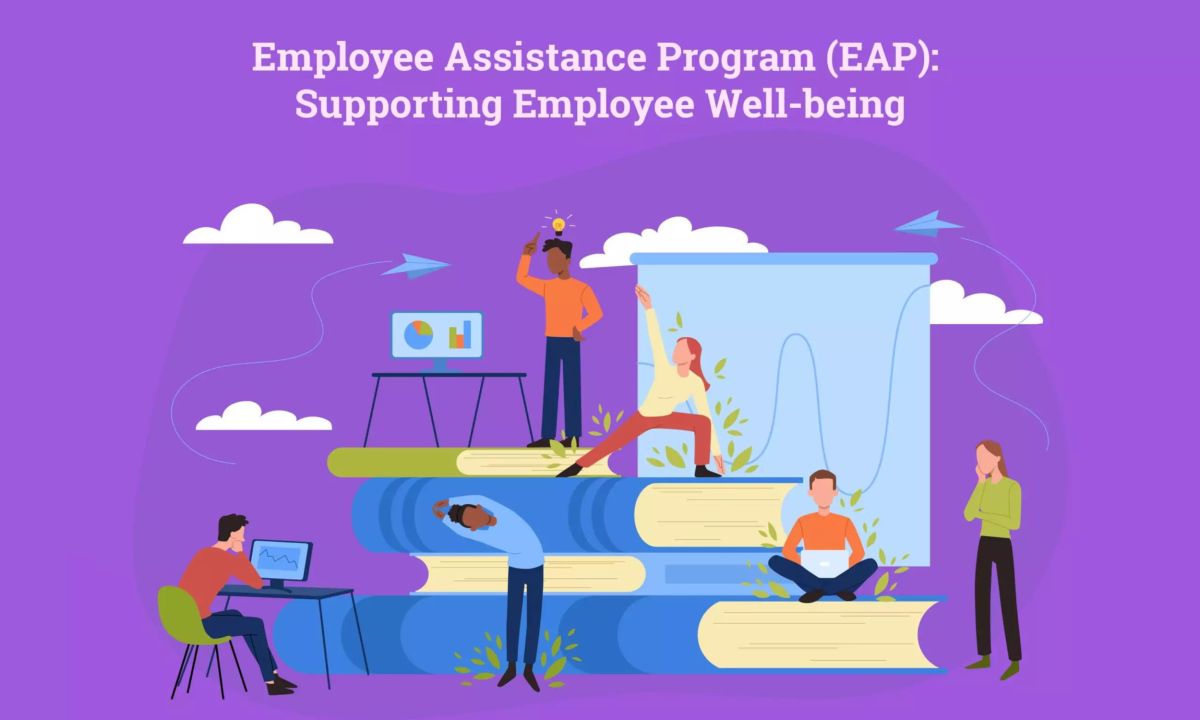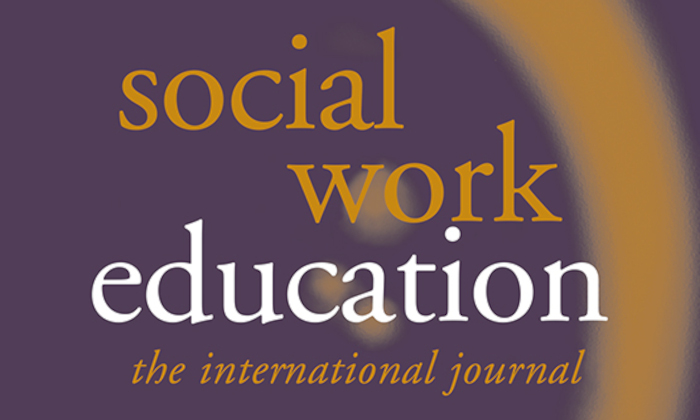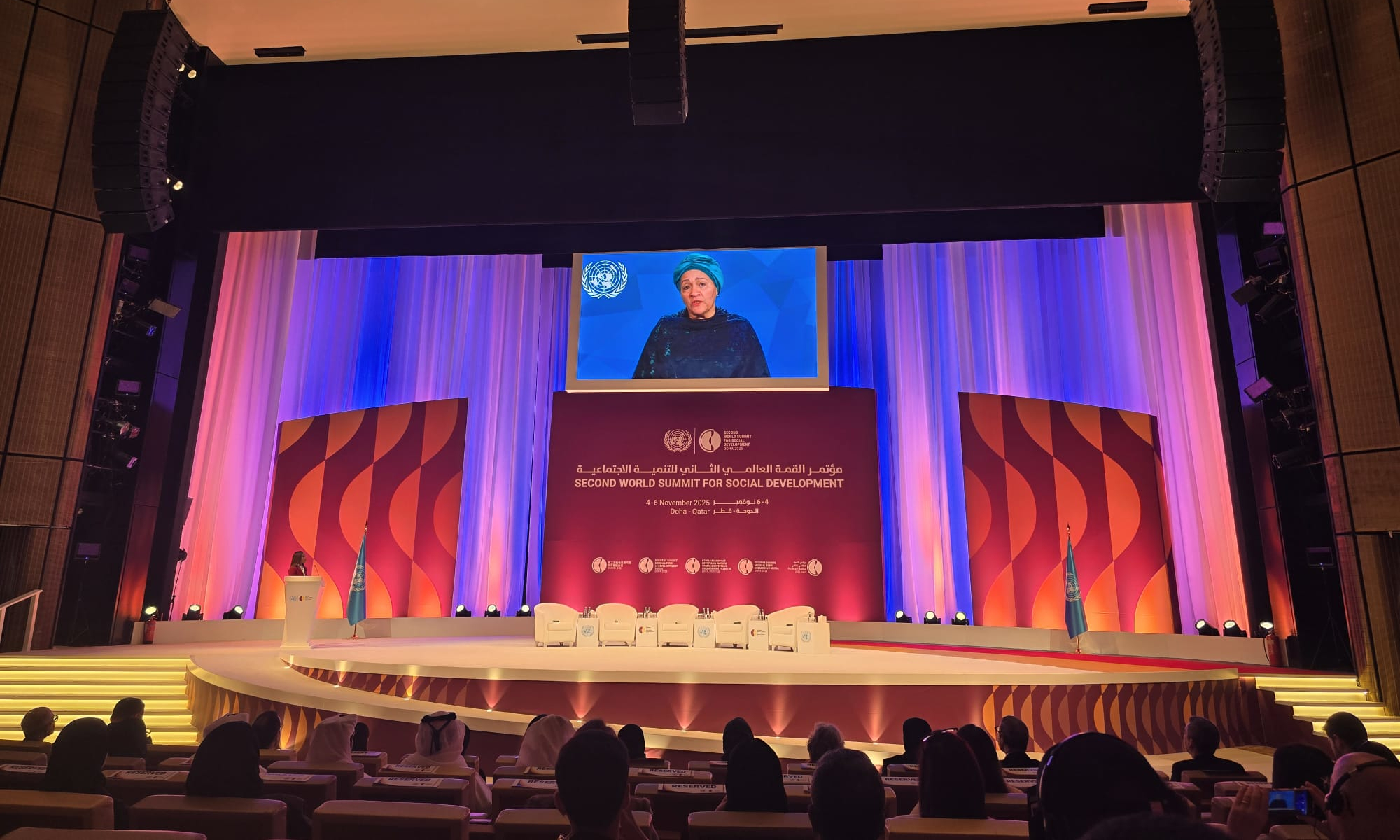Employee Assistance Programs (EAPs): A Global Force for Employee Well-being

from Global Newsletter October 2024
by Dale Masi, PhD Professor Emeritus, University of Maryland
Employee Assistance Programs (EAPs) have become a key player in improving employee well- being worldwide. The recently published "Fifth International EAP Compendium," which covers 65 countries with contributions from 54 authors, highlights the significant impact of EAPs, offering professional counseling to employees and their families, at the expense of the employer. These programs also extend their support to provide child- care and eldercare resources, along with guidance for supervisors.
The global growth of EAPs over the past few years has been remarkable. As a social worker and professor, I have spent years monitoring and evaluating numerous corporate programs, and this rapid expansion is a significant phenomenon. In light of this, I am calling upon the International Council on Social Welfare (ICSW) to collaborate with EAP leadership worldwide to strengthen this growing force.
For this latest compendium, contributors were asked to reflect on two key aspects: the impact of the COVID-19 pandemic on their populations and how the pandemic has changed the delivery of mental health services. Furthermore, authors were also prompted to explore the role of technology in reshaping EAP services.
The findings reveal an overwhelming shift towards virtual counseling across almost every country, from Mongolia to South Africa, Russia, and India. The responses from these global authors also provide a deeper understanding of how various regions have adapted to the challenges brought on by the pandemic. For example, Portugal noted that the stigma surrounding mental health was significantly reduced during the pandemic, while in India, it was described as a "game changer." Meanwhile, in war-torn Ukraine, delivering services remains challenging under the constant threat of violence. In other regions, such as the Arab Emirates, virtual counseling has made mental health services more accessible to individuals with disabilities, while Kenya has successfully integrated sign language into virtual counseling sessions.
Technological advancements are also transforming EAPs, with countries like China utilizing artificial intelligence for mental health evaluation and intervention, and the U.S. offering free digital EAP archives to support their efforts. Such innovations demonstrate the flexibility of EAPs to meet the evolving needs of employees and families.
As EAPs continue to expand and serve millions of individuals annually, they present a critical opportunity for the ICSW. By partnering with these programs, ICSW can extend its reach to support vulnerable populations, particularly those outside the workforce. EAPs, staffed by social workers and similar professionals, are a vital resource in addressing the mental health needs of employees and their families globally.
This article serves as a call to action for ICSW to align with EAPs as a strategic international ally, ensuring that social welfare efforts benefit from the workplace connection and can reach even broader populations in need.







